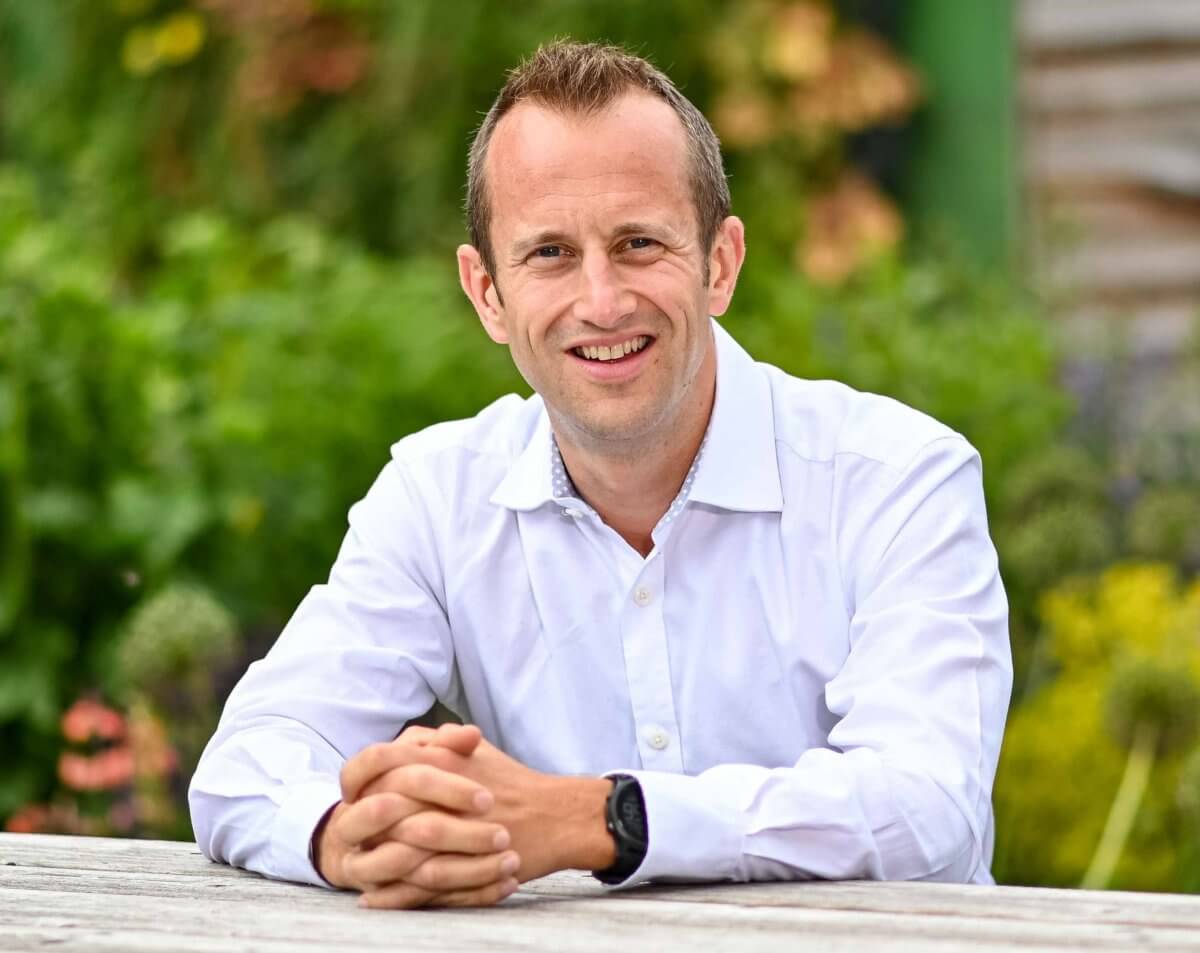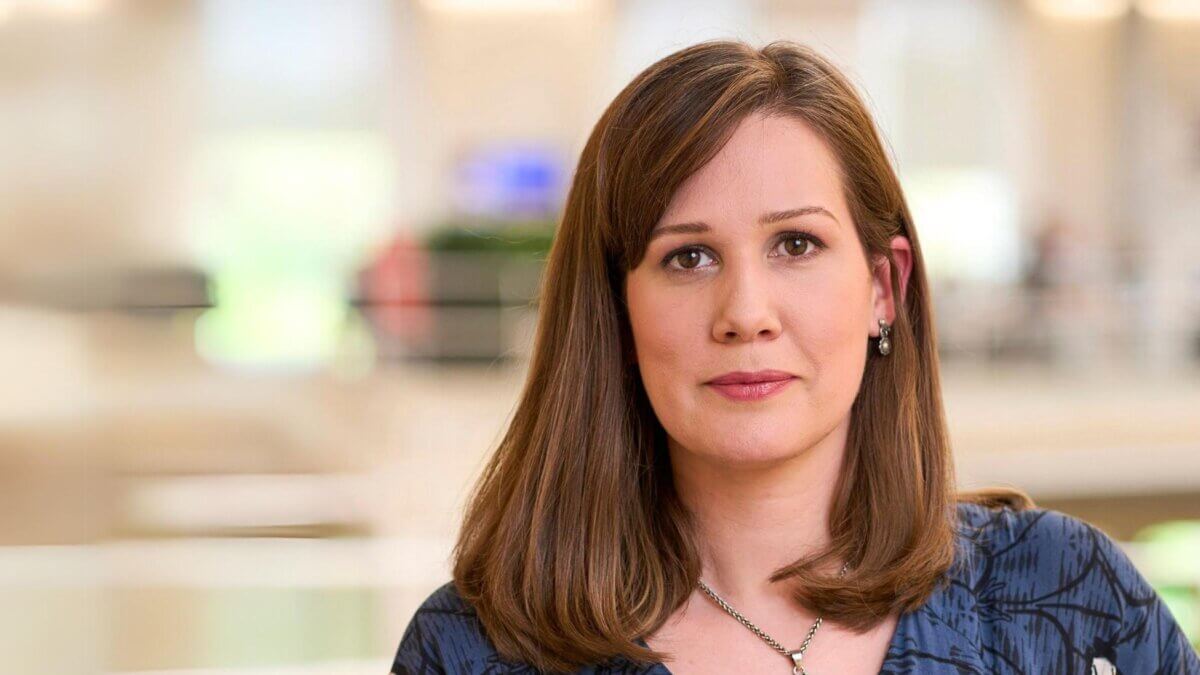Reflecting on ‘True Leadership’

Following our December Board meeting, non-executive director Alison Vipond shares her thoughts on true leadership in a post-truth world.
There is so much ground to cover, where do we start? Being in philosophical mood, we started our board meeting this month by reminding ourselves of the ancient proverb,
‘We do not inherit the Earth from our ancestors; we borrow it from our children.’
The Oxford Dictionaries recently announced that ‘post-truth’ was their international word of the year for 2016. They defined post-truth as,
‘relating to or denoting circumstances in which objective facts are less influential in shaping public opinions than appeals to emotion and personal belief’.
In other words, we don’t seem to be questioning the truth or falsity of statements, as long as they appeal to our emotions or beliefs. You could argue that the ‘Era of Post-Truth’ has been upon us for a long time but in 2016, post-truths abound, causing momentous twists, turns and shifts in the political landscape. A prime example of post-truth is the dismissal of climate change as a hoax, despite the overwhelming scientific consensus. Fact-free positions like this, and the personal attacks they lead to, corrode the basis of democracy.
In many countries, post-truth leaders are capitalising on crises and fear. But is that really leadership? Surely true leadership is about inspiring people to be the best they can be, improving the lives of all people for mutual benefit, and caring for the natural environment which sustains us. True leadership is about promoting peace and a strong sense of shared humanity.
Last month, on the opening day of the Climate Change Summit in Marrakech, 196 countries celebrated the Paris Climate Agreement’s entry into force (becoming international law), which is a remarkable achievement considering it was only agreed 11 months ago. But two days in, the US election result thrust the world into a dramatic and worrying new era of global climate politics. Trump’s promise to ‘cancel’ the Paris Agreement, means now more than ever, we need to galvanise our shared commitment to stop climate change, for the benefit of all people. We can only hope that there is sufficient momentum behind the transition to the green economy, especially in China and developing countries, combined with the reality of devastating climate change impacts happening already, that climate progress will not be derailed.
The Marrakech Summit itself was a mix of progress and disappointments, with the biggest sticking point being finance. Positively, there were announcements of a range of initiatives to move towards a greener economy and to boost water and food security. Also Canada, Germany, Mexico and the US announced their climate strategies to 2050. But talks broke down over finance – there was no agreement on whether to continue, beyond 2020, the Adaptation Fund, set up to help poor nations cope with climate change impacts.
Inspiration came on the last day of the Summit, where 47 countries vulnerable to climate change impacts, pledged to lead the way, by updating their national contributions to combating climate change; preparing mid-century, long-term low greenhouse gas development strategies; and striving to meet 100% domestic renewable energy production as rapidly as possible. All countries, especially wealthy developed nations, must follow their example.
Back in the UK, the Guardian appropriately labelled the Chancellor’s Autumn Statement in November, as ‘more grey, than green’. Not one mention of climate change. What a missed opportunity! True leadership would rise to the need to set the UK on the path to a great, green revolution, growing the renewable energy industry, creating sustainable jobs, together with improving energy efficiency in our housing stock, as a national priority for infrastructure investment, to reduce energy demand for the long term. Instead, the Chancellor promises road building. On the plus side, we do welcome his support for greener vehicles – with investments in electric charging infrastructure, low emission buses and taxis and development of alternative fuels for aviation and heavy good vehicles. Action is certainly needed as air quality is dangerously poor in many city centres, which has been linked to 20,000 premature deaths in the UK each year.
Elsewhere, four of the world’s biggest cities – Paris, Madrid, Athens and Mexico, have committed to ban diesel vehicles from their centres by 2025, and to do ’everything in their power to incentivise the use of electric, hydrogen and hybrid vehicles’.
Closer to home, at Ecology, we are embracing the UN Sustainable Development Goals, adopting them within our mission to build a greener society. In particular, through supporting energy efficient housing, renewable energy, and sustainable communities, we are committed to directly contributing to Goals 7, 11 and 13.
But more widely, we are using the set of 17 Goals to inform the decisions we make. In all aspects of Ecology, how we operate the business, how we take our place in the community, and how we use members’ funds to provide mortgages for energy efficient homes, community enterprise and renewable energy projects, we are striving for our actions to be compatible with, and contribute positively, to the Goals.
The UN Sustainable Development Goals provide a vital framework for all of us, especially political actors and businesses, to check their vision and actions – it’s simple, if an action is not compatible with the Goals, don’t do it. So perhaps one definition of true leaderships is to act in accordance with them, thus leading people to be care-takers of the planet we have borrowed from our children.



